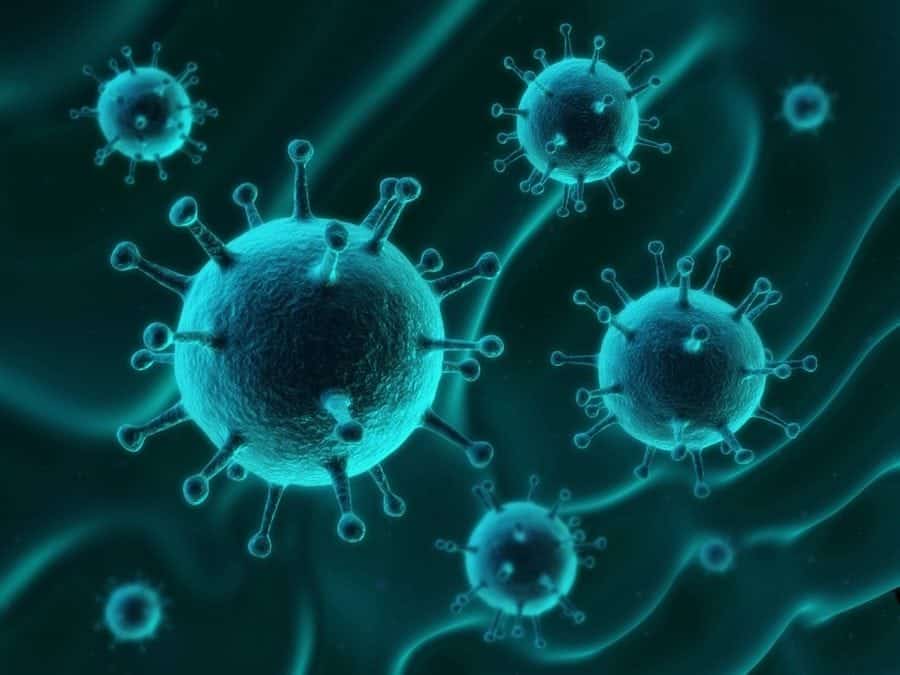Cancer cells seem to communicate to other cancer cells, activating an internal system that increases resistance to chemotherapy and promotes tumor survival, expressed Scientists from the University of California San Diego School of Medicine. Their study (“Intercellular Transmission of the Unfolded Protein Response Promotes Survival and Drug Resistance in Cancer Cells”) is published online in Science Signaling.
Maurizio Zanetti, M.D., professor in the department of medicine at UC San Diego School of Medicine and a tumor immunologist at Moores Cancer Center at UC San Diego Health, published a paper in the Proceedings of the National Academy of Science, six years ago, signifying that cancer cells make use of an internal mechanism used by stressed mammalian cells, called the unfolded protein response (UPR), to communicate with immune cells, especially cells derived from the bone marrow, giving them protumorigenic personality. The UPR is activated in response to unfolded or misfolded proteins building up in the endoplasmic reticulum (ER) and often decides apoptosis or survival.
Dr. Zanetti’s team, report in their new paper that, cancer cells appear to take the process further tha
n just affecting bone marrow cells, using transmissible ER stress (TERS) to activate Wnt signaling in recipient cancer cells.Jeffrey J. Rodvold, Ph.D., a member of Zanetti’s lab and first author of the study said that they noticed TERS-experienced cells survived better than their inexperienced counterparts when nutrient-starved or treated with common chemotherapies like bortezomib or paclitaxel and at each instance, receiving stress signals caused cells to survive better. He also expressed that understanding how cellular fitness is gained within the tumor microenvironment is key to understanding cooperativity among cancer cells as a way to collective resilience to nutrient starvation and therapies.
Faster growing tumors were produced when cancer cells subjected to TERS were implanted in mice.
Dr. Zanetti said that their data demonstrated that transmissible ER stress is a mechanism of intercellular communication and they know that tumor cells live in difficult environments, exposed to nutrient deprivation and lack of oxygen, which in principle should restrict tumor growth. Through stress transmission, tumor cells help neighboring tumor cells to cope with these adverse conditions and eventually survive and acquire growth advantages.
He expressed that the research may explain previous findings by other groups showing that individual tumor cells within a uniform genetic lineage can acquire functionally different behaviors in vivo, i.e., some cells acquire greater fitness and extended survival. This signifies another way to generate intratumor heterogeneity, the basis of one of the key obstacles to cancer treatment. This means that mutations throughout the cancer genome of an individual are not the only source of intratumor heterogeneity.
Dr. Zanetti is of the opinion that researchers and doctors need to consider these changing cellular dynamics in the tumor microenvironment in developing both a better understanding of cancer and more effective treatments.





























